Getting started with Beekeeping
Here are some useful links to get you started
This is a good summary from the National Bee Unit for those considering beekeeping.
The British Beekeeping Association has prepared this briefing.
The best first step is to get in contact with us and we can arrange a taster session for you to experience working with bees, it’s not for everyone.
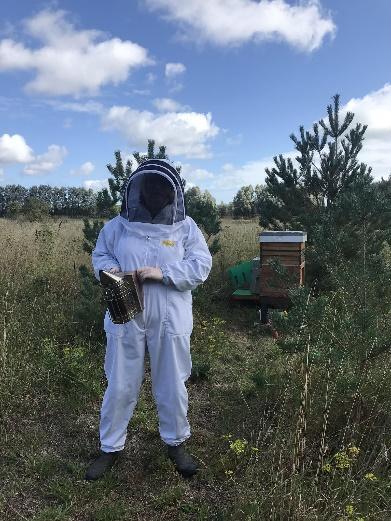
How TBKA can help you get started
Learning the craft – our advice is to attend our apiary meetings and/or follow a beekeeper for a whole season, and attend our training courses before venturing out on your own.
Equipment - we strongly recommend speaking to us before purchasing hives and beekeeping equipment, we can advise you on what equipment you will need to get started. In some cases we are able to lend equipment and we occasionally have second hand equipment from local beekeepers for sale.
Hives - there are different types of hives each have their advantages and disadvantages, some are less suitable for this country or for new beekeepers. Almost all of our members use either British National hives, +a few use Langstroths. It is an advantage to use what others near you are using as it means we are better able to help each other out. See the NBU article above.
Apiary sites - if you already have a site in mind for hives we would be happy to assess it for you and advise on setting up your apiary. If you don’t have a site we can often help there too.
Bees - we are usually able to help all beekeepers obtain their first bees, we strongly recommend local bees and not buying in bees that have been imported. There are different types of bees and each have their own advantages, but also disadvantages that are not usually described in the advertising! See the NBU article above.
By attending regular club apiary meetings you will learn what needs to be done at different times of the season. You will know what to expect and how to read the hive. Understand how to spot diseases and which diseases are notifiable. Some of the legal requirements about beekeeping and good practice. You won’t waste money on equipment that is not suitable or necessary.
When you have your own colonies you will have access to continued mentoring and advice.
The other side of beekeeping
Lots and lots of people have taken up beekeeping in the last few years; most of them have struggled and found there’s more to beekeeping than they first realised.
An international journal quotes, “75% of beginners give up beekeeping within three years.”
In the first year as a beekeeper you usually start with a Nuc (small colony). Your equipment is new, and clean; your bees are gentle, you may even have a small crop of honey for the family and friends, a tantalising glimpse of your future beekeeping.
In the second year…………… your equipment is gummed up with propolis and brace comb, wax moths have left a disgusting mass of webbing and frass on your stored comb. Your small colony is now 60 thousand bees and have turned aggressive, you have several stings. You can’t find your queen, and realised too late that you have lots of swarm cells then half your bees end up in the neighbours chimney. The last straw is that all this effort and there is no honey!
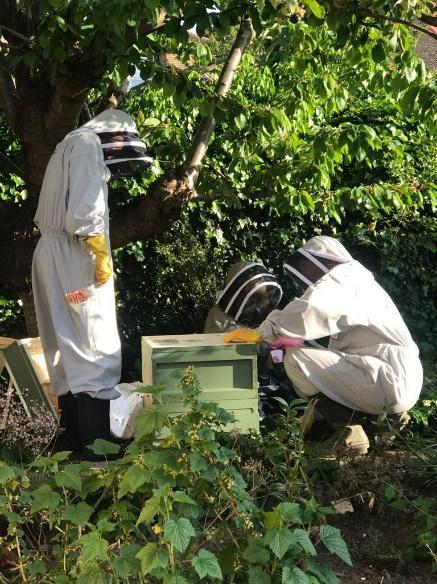
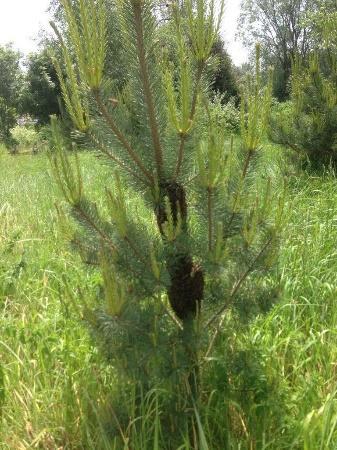
Bees swarmed into a tree.

Hives can get very big & heavy.

Colonies can die out over winter & equipment needs cleaning.
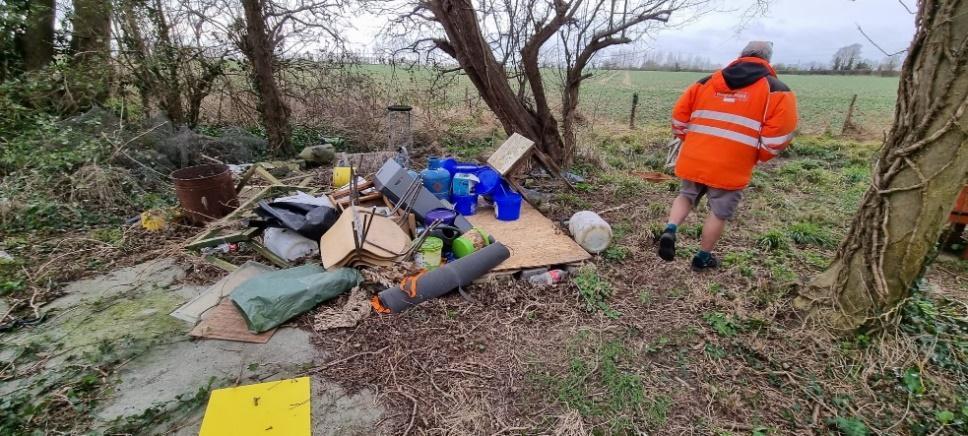
Bee shed and equipment blown away in a storm.
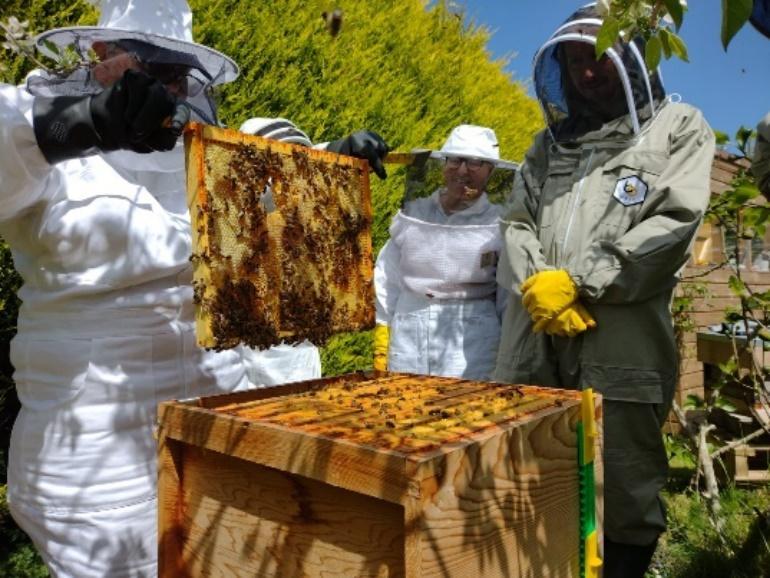
One person in Bedfordshire wrote,
“After the first year, I knew everything. By the end of the second year, I knew some of what I needed, and at the end of the third year, I realise finally that I know nothing. I could have easily given up on several occasions… support at that difficult time was appreciated enormously.” (BBKA)